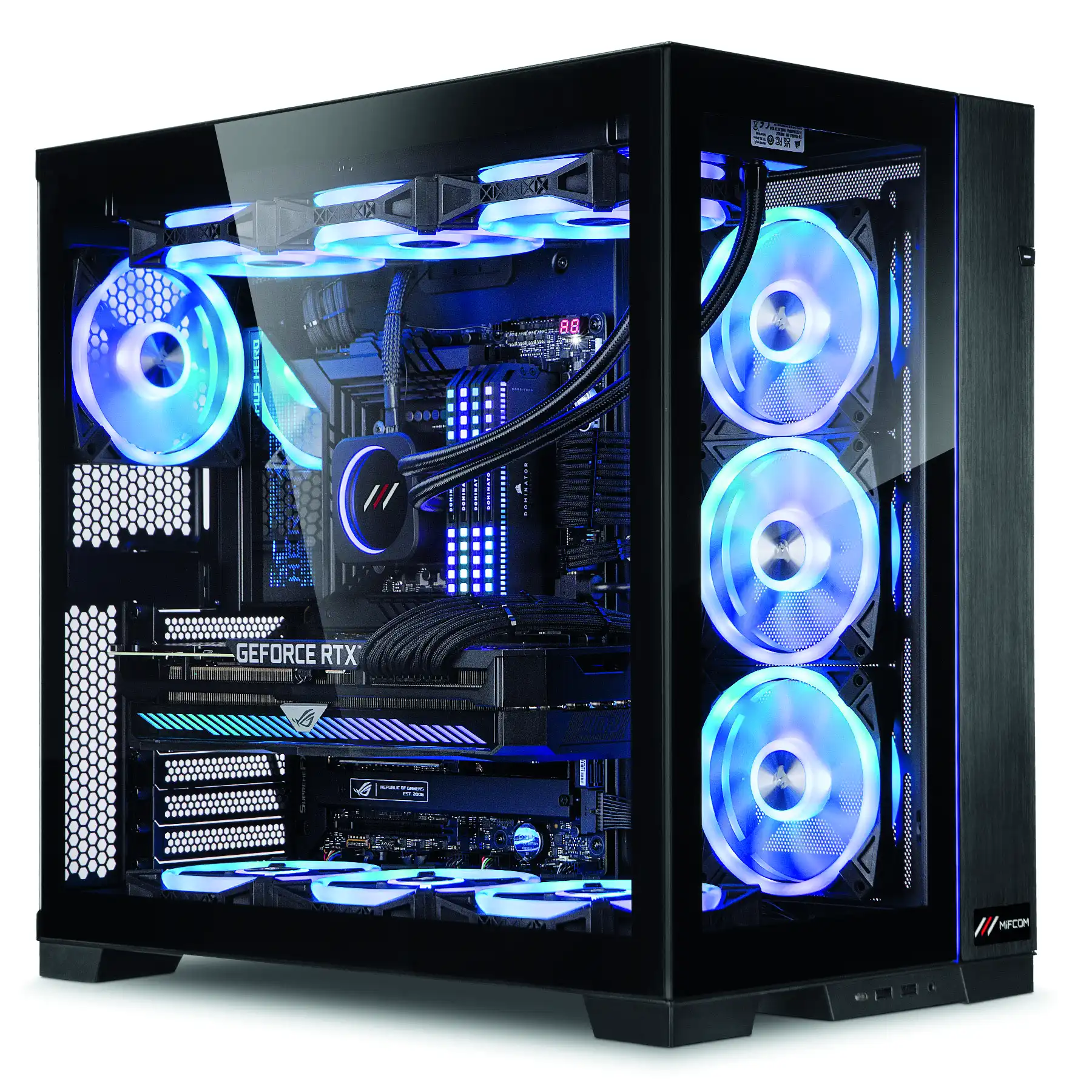The problem has been found with AMD Ryzen processors, but may also apply to Intel’s Core chips.
One user who noticed a drop in gaming performance of about 8 percent after updating Windows 11 to the Windows 11 2023 Update received a fix from Microsoft that solved the problem.
Reddit user BNSoul measured the performance of their AMD 5800X3D before and after updating Windows 11. “To put it simple [sic], every CPU benchmark shows significantly reduced CPU performance after updating to Windows 11 23H2 from 22H2, even after a fresh/clean install.
“I could add an endless list of benchmark results here but just lets say it’s always 23H2 5-8% slower in every single one be it single or multi-thread compared to 22H2,” the user added.
The problem, at least in the Reddit thread, appears limited to AMD Ryzen CPUs. But other users have complained with PCs containing Intel 13th-gen CPUs, including on Microsoft’s site.
Fortunately, after several days, BNSoul received a response back from Microsoft that apparently solves the problem.
“Received an answer from Microsoft after 3 days,” the user wrote in an update. “[T]hey told me to reset Windows Defender through a couple of PowerShell commands (1- “Set-ExecutionPolicy Unrestricted” and 2- “Get-AppxPackage Microsoft.SecHealthUI -AllUsers | Reset-AppxPackage”) then reboot and enable CPU Virtualization in BIOS (SVM in my X570 BIOS).
“[T]hen in Windows 23H2 open Windows Security and enable Memory Integrity under the Core Isolation settings. Restart and Hypervisor should be running, Virtualization Security will be Enabled and… that fixes the CPU performance issues, CPU now performing as in 22H2 where I had these security features disabled.”



